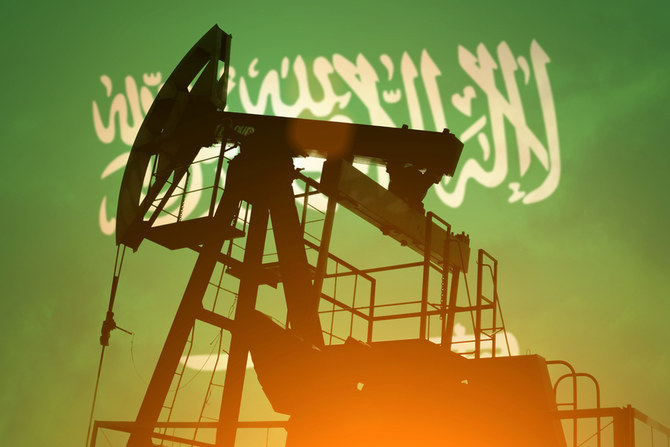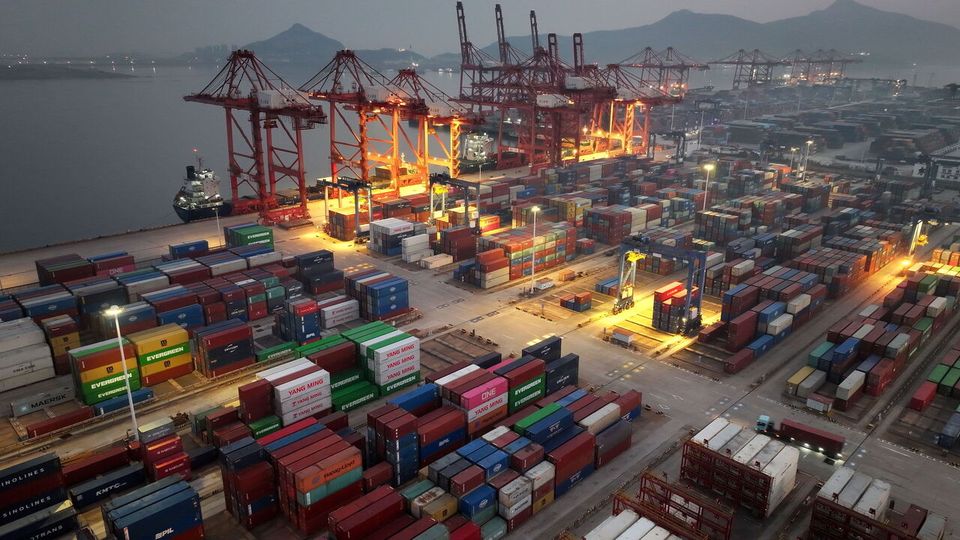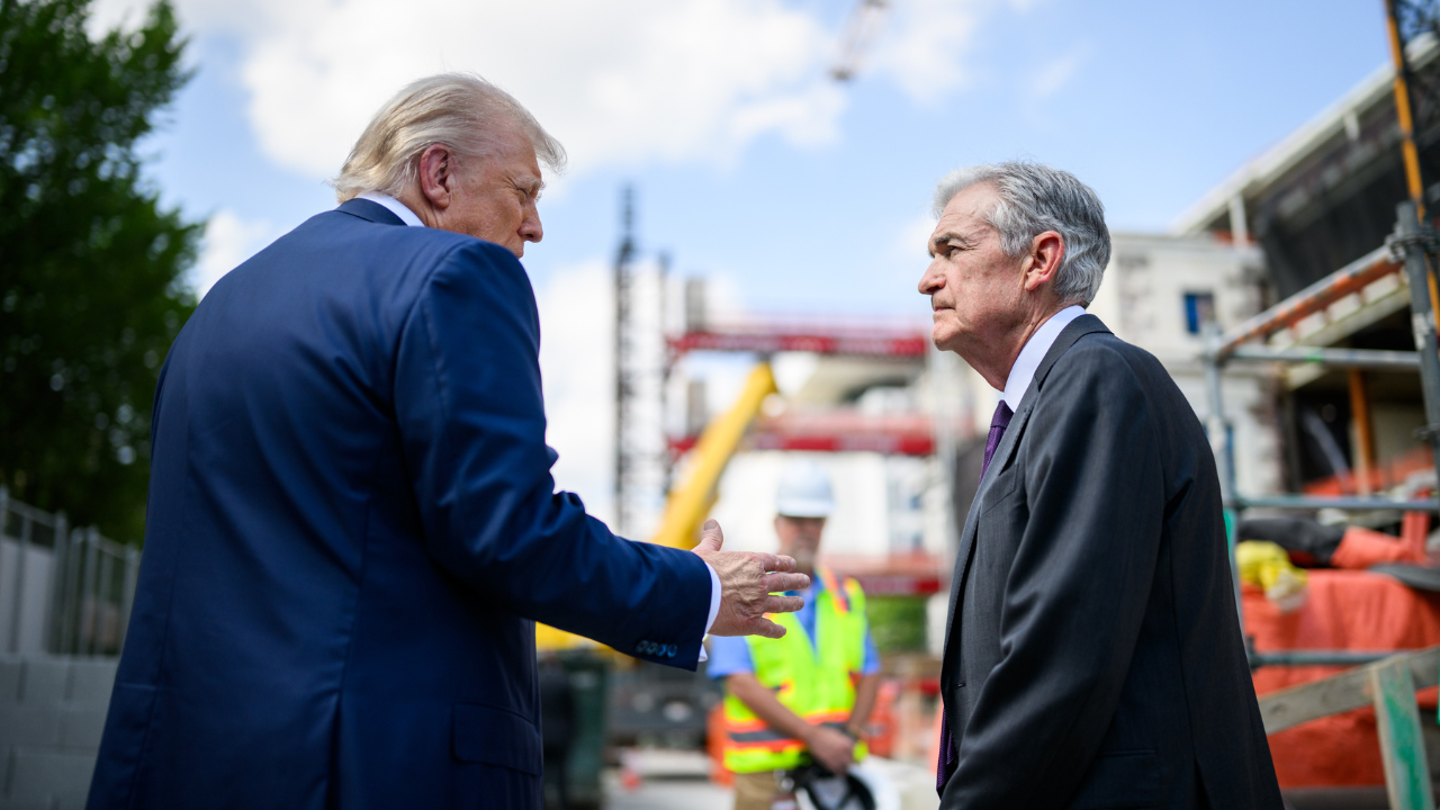Saudi Arabia Asserts Leadership in OPEC+ with Continued Oil Supply Increases

Saudi Arabia has taken a decisive leadership role within the OPEC+ alliance, pushing through a third consecutive large-scale oil production increase despite resistance from some member states, including Russia, Bloomberg reports.
The move underscores the kingdom’s growing influence over the coalition’s direction and signals a shift in its long-standing approach to oil market management.
At the group’s latest meeting, Saudi Arabia led the charge to approve an additional output hike of 411,000 barrels per day for July, continuing a trend of surprise decisions that began in April. These increases have contributed to a sharp decline in oil prices, with Brent crude briefly falling below $60 a barrel for the first time in four years.
The decision came despite calls from Russia, supported by Oman and Algeria, to hold production steady to better assess the effects of earlier hikes. However, Saudi Arabia’s proposal prevailed without significant resistance, cementing its dominant role in shaping OPEC+ policy.
Observers say this marks a departure from previous years when OPEC+ decisions were typically made through prolonged negotiations in Vienna, with broader input from member states. According to Thamir Ghadhban, Iraq’s former oil minister, the Saudis are now operating with greater authority.
“There is a sort of power now for the Saudis within OPEC+,” he said.
The strategic pivot appears to be motivated by multiple factors. Analysts suggest Riyadh is looking to regain market share lost in recent years to US shale producers. Others point to a desire to discipline OPEC+ members who have exceeded their production quotas, such as Kazakhstan and Iraq, by driving down prices and pressuring compliance.
Some industry insiders also speculate that Saudi Arabia’s actions could be partially aimed at aligning with US President Donald Trump, who has frequently called on OPEC to help lower fuel costs. Trump recently visited the Gulf region amid major investment deals, which may have influenced Riyadh’s timing and decision-making.
The latest move comes amid a broader backdrop of uncertainty in global energy markets, including sluggish demand from China and shifting geopolitical dynamics. While Saudi Arabia’s leadership is clear, the cohesion of the broader alliance is increasingly being tested. Russia, the group’s other major producer, has expressed concerns about the pace of the supply increases and may push back more strongly at future meetings.
Despite the appearance of unity in public statements, underlying tensions remain. The group is scheduled to reconvene on July 6 to discuss output plans for August, a meeting that could again expose divisions between Riyadh and Moscow.
“Saudi Arabia is really in the driving seat,” said Jorge Leon, an analyst at Rystad Energy and former OPEC official. “This isn’t just supply management — it’s strategic calibration with geopolitical intent.”









The latest news in your social feeds
Subscribe to our social media platforms to stay tuned